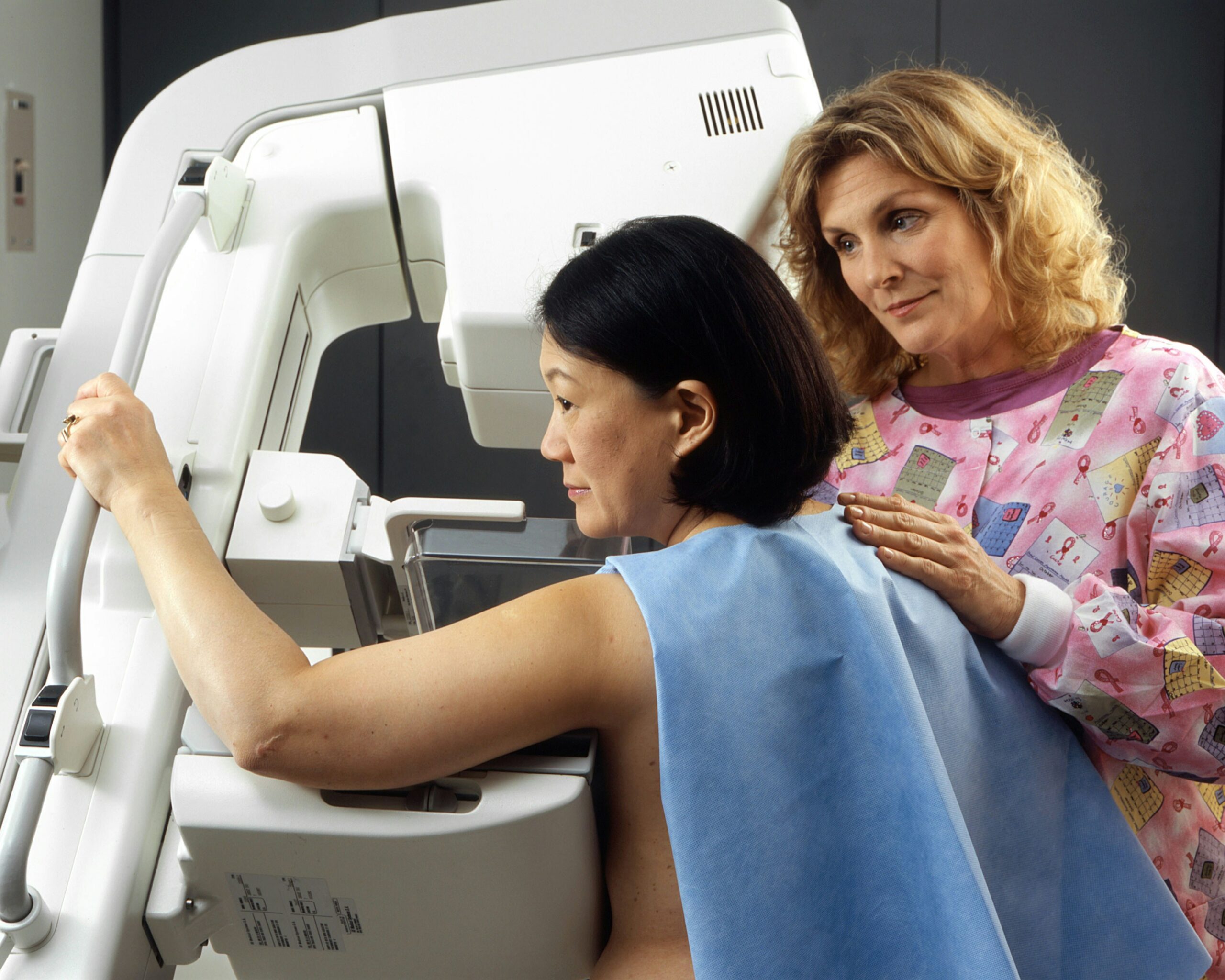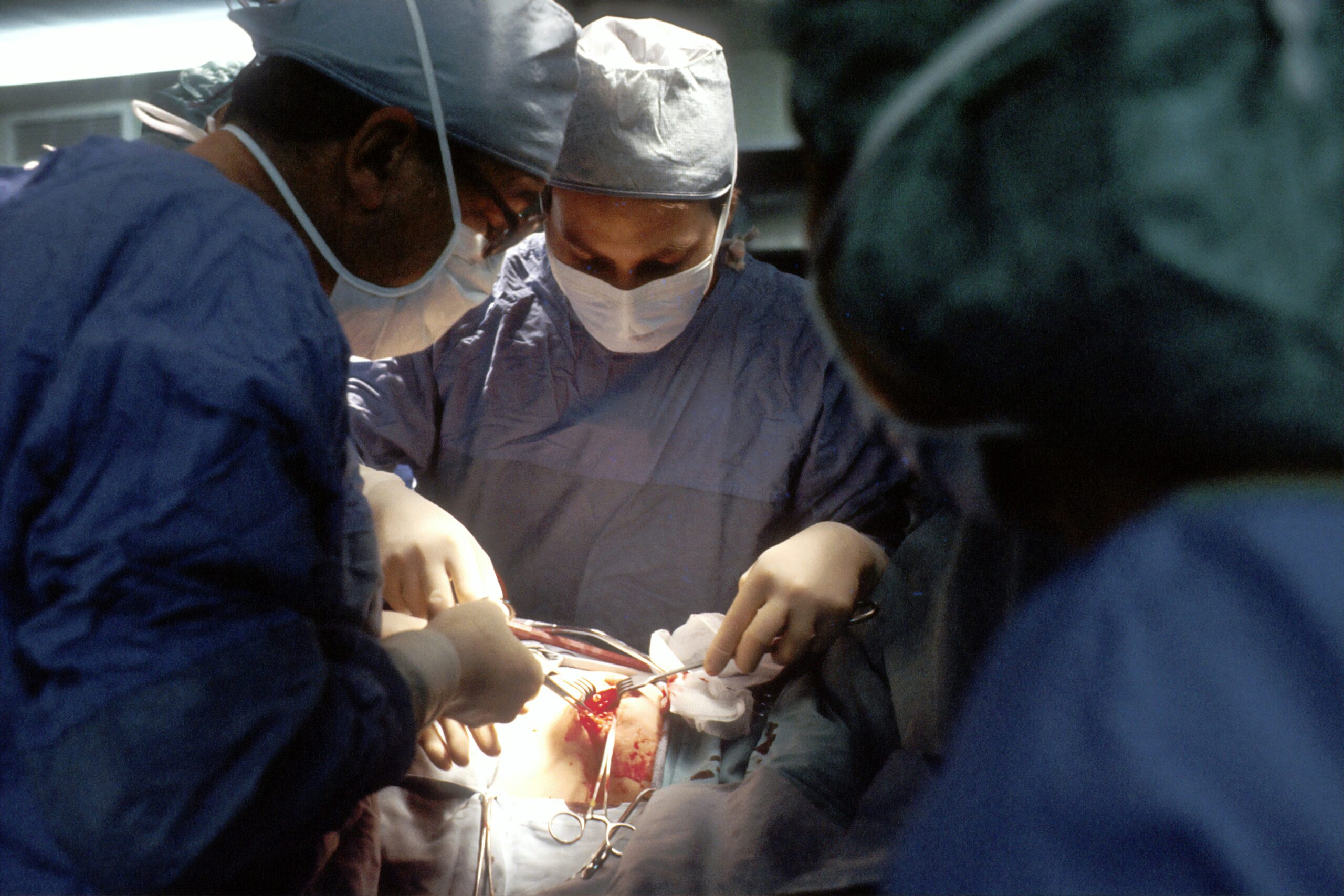Hey there! So, you may have heard people talking about how caffeine can affect various aspects of your health. One topic that often comes up is whether caffeine has any impact on a swollen prostate. Well, hold on to your morning cup of coffee because we are about to shed some light on this hot topic. In this article, we will explore whether there is any truth to the claim that caffeine can affect a swollen prostate. So, let's get brewing and find out the real deal!
Understanding the Prostate Gland
Basic anatomy of the prostate gland
The prostate gland is a small, walnut-sized gland that is located just below the bladder and in front of the rectum. It is an essential part of the male reproductive system and plays a crucial role in the production of semen. The gland is composed of several lobes and is surrounded by a layer of connective tissue. It is through the prostate gland that the urethra, a tube that carries urine from the bladder, passes.
Role and function of the prostate gland
The primary function of the prostate gland is to produce a fluid that nourishes and protects sperm cells. When a man ejaculates, the prostate gland releases this fluid into the semen, enabling the sperm to travel more efficiently and survive longer in the female reproductive system. In addition to its reproductive function, the prostate gland also helps control the flow of urine by preventing urine from flowing back into the bladder during ejaculation.
Common diseases and disorders affecting the prostate
Several diseases and disorders can affect the prostate gland, with the most common ones being prostate enlargement (benign prostatic hyperplasia or BPH), prostate cancer, and prostatitis (inflammation of the prostate gland). These conditions can have a significant impact on a man's quality of life and require medical attention for diagnosis and treatment.
Prostate Enlargement: Causes and Symptoms
Explaining Prostate enlargement or BPH (Benign Prostatic Hyperplasia)
Benign Prostatic Hyperplasia (BPH) refers to the non-cancerous enlargement of the prostate gland that commonly occurs as men age. As the prostate gland grows larger, it can put pressure on the urethra, leading to urinary symptoms such as frequent urination, weak urine flow, difficulty starting urination, and the feeling of incomplete bladder emptying. BPH is a common condition affecting older men and can significantly impact their daily activities and overall quality of life.
Major causes and risk factors for prostate enlargement
While the exact cause of prostate enlargement is not fully understood, hormonal imbalances and age-related changes in the testosterone levels are believed to play a significant role in its development. Other risk factors that can contribute to prostate enlargement include family history, obesity, lack of physical activity, and certain medical conditions such as diabetes and heart disease.
Symptoms associated with prostate enlargement
The symptoms of prostate enlargement can vary in severity and may include frequent urination (especially at night), weak urine flow, difficulty initiating urination, a feeling of incomplete bladder emptying, urinary urgency, and urinary tract infections. These symptoms can significantly impact a man's quality of life and may require medical intervention to alleviate them.

Caffeine: Its Role and Effects on The Body
Thorough introduction to caffeine
Caffeine is a natural stimulant that is commonly found in various beverages and foods, including coffee, tea, chocolate, and energy drinks. It works by stimulating the central nervous system, promoting alertness and reducing fatigue. Many people consume caffeine to stay awake, improve focus, and enhance physical performance.
How caffeine stimulates the central nervous system
Caffeine acts as an adenosine receptor antagonist, which means it blocks the binding of adenosine, a neurotransmitter that promotes relaxation and sleepiness. By inhibiting adenosine's effects, caffeine increases the release of other neurotransmitters, such as dopamine and norepinephrine, leading to increased alertness and a temporary boost in energy levels.
Mental and physical effects of caffeine
Caffeine consumption can have both mental and physical effects on the body. Mentally, caffeine can enhance focus, improve mood, and increase cognitive performance. Physically, caffeine can increase heart rate, blood pressure, and metabolism, leading to a temporary increase in energy expenditure. However, excessive caffeine consumption can also cause side effects such as jitters, restlessness, anxiety, and disrupted sleep patterns.
Investigating the Relation Between Caffeine and Prostate Health
Current theories surrounding caffeine's effects on the prostate
While there is ongoing research on the potential effects of caffeine on prostate health, the current theories are not conclusive. Some studies suggest that caffeine may have protective benefits against developing certain prostate diseases, while others indicate that excessive caffeine consumption may have negative effects on prostate health.
Potential protective benefits of caffeine on the prostate
Some research suggests that caffeine may have a protective effect against prostate cancer development. It is believed that the antioxidants and other bioactive compounds present in caffeinated beverages could play a role in inhibiting the growth of cancer cells in the prostate. However, more research is needed to fully understand the potential mechanisms and benefits of caffeine on prostate health.
Exploring the negative impact of excessive caffeine consumption on prostate health
On the other hand, excessive caffeine consumption has been associated with increased urinary frequency and urgency, which can exacerbate symptoms of prostate enlargement. Additionally, caffeine is known to have diuretic effects, which can further contribute to bladder irritation and incomplete bladder emptying. It is important to note that individual responses to caffeine may vary, and moderation is key when considering its impact on prostate health.

Scientific Studies on Caffeine Intake and Prostate Enlargement
Overview of existing studies and their methodologies
Several studies have explored the relationship between caffeine intake and prostate enlargement, but the results have been conflicting. Some studies have reported an association between higher caffeine consumption and increased risk of BPH symptoms, while others have found no significant relationship. The methodologies of these studies have varied, including self-reported dietary intake, questionnaires, and clinical examinations.
Results and findings from different studies
Several studies have found that high caffeine intake, particularly from coffee, is associated with an increased risk of urinary symptoms related to prostate enlargement. However, other studies have reported contradictory findings, suggesting that caffeine does not have a significant impact on prostate health. These discrepancies may be due to differences in study design, sample size, and participant characteristics.
Limitations and potential biases in these studies
It is important to consider the limitations and potential biases that may exist in the studies conducted on caffeine intake and prostate health. Some studies rely on self-reported data, which may be subject to recall bias or misinterpretation of caffeine sources. Additionally, confounding factors such as lifestyle habits, genetics, and other dietary components can influence the results. Therefore, further research is needed to establish a conclusive link between caffeine intake and prostate health.
Interpreting Data: Does Caffeine Really Affect a Swollen Prostate?
Assessing evidence from scientific studies that caffeine can affect prostate health
Based on the available scientific evidence, it is difficult to draw a definitive conclusion about the impact of caffeine on a swollen prostate. While some studies suggest a potential association between caffeine consumption and increased urinary symptoms in individuals with enlarged prostates, the overall evidence is inconclusive. It is important to consider individual differences in caffeine sensitivity and other lifestyle factors that can influence prostate health.
Understanding the need for more comprehensive studies
Given the conflicting findings from existing studies, there is a need for more comprehensive research to clarify the relationship between caffeine consumption and prostate health. Well-designed studies with larger sample sizes, longer follow-up periods, and standardized methodologies can provide more robust evidence and help shed light on the potential mechanisms at play.
Presenting the ongoing debate about caffeine's role in prostate health
The topic of caffeine's impact on prostate health remains a subject of debate among researchers and healthcare professionals. While some experts caution against high caffeine intake due to its potential to worsen urinary symptoms in individuals with prostate enlargement, others believe that moderate caffeine consumption, particularly from sources like green tea, may have protective effects against prostate diseases. As the scientific community continues to investigate this topic, it is essential to consider overall lifestyle factors and individual health circumstances.

Caffeine Intake Recommendations for Prostate Health
Consensus on a safe level of caffeine intake for overall health
While specific recommendations for caffeine intake in relation to prostate health are not established, various health organizations provide general guidelines on caffeine consumption. The U.S. Food and Drug Administration (FDA) states that moderate caffeine intake, which is approximately 400 milligrams per day, is generally safe for most healthy adults. However, individual tolerance and sensitivity to caffeine can vary, so it is important to listen to your body and adjust intake accordingly.
Specific recommendations for individuals with prostate enlargement
For individuals with prostate enlargement or urinary symptoms related to BPH, healthcare professionals may recommend limiting caffeine intake to minimize bladder irritation and urinary urgency. It is advisable to consult with a healthcare provider who can assess the individual's specific condition and provide personalized advice regarding caffeine consumption.
Alternative options for individuals who need to limit caffeine intake
For those who need to reduce caffeine intake, there are alternative beverages and foods that can provide similar benefits without the stimulating effects of caffeine. Decaffeinated coffee or tea, herbal teas, and caffeine-free energy drinks are some options to consider. It is important to read labels and verify the caffeine content of any products to make informed choices.
Questioning the Broader Impact of Lifestyle on Prostate Health
Exploring the role of diet in prostate health and enlargement
Diet plays a significant role in overall prostate health and may influence the development of prostate diseases. A diet rich in fruits, vegetables, whole grains, and lean proteins is generally recommended for maintaining prostate health. Specific nutrients like lycopene, found in tomatoes, and omega-3 fatty acids, found in fatty fish, have shown potential protective effects against prostate cancer.
Impact of physical activity on prostate health
Regular physical activity has been associated with a lower risk of developing prostate diseases, including enlargement and cancer. Engaging in moderate-intensity exercises such as brisk walking, swimming, or cycling can help improve overall health and contribute to better prostate health. It is advisable to consult with a healthcare professional before starting any exercise program, especially if there are existing health conditions.
Examining the effects of stress, smoking, and alcohol on prostate health
Stress, smoking, and excessive alcohol consumption can negatively impact prostate health. Chronic stress may weaken the immune system and contribute to inflammation in the prostate gland. Smoking has been linked to an increased risk of developing aggressive forms of prostate cancer. Excessive alcohol consumption can impair liver function and disrupt hormone balance, potentially affecting prostate health. It is important to adopt stress management techniques, quit smoking, and drink alcohol in moderation to support prostate health.
Common Myths and Misconceptions about Caffeine and Prostate Health
Busting popular myths about caffeine and prostate health
There are several myths surrounding the relationship between caffeine and prostate health. One common myth is that caffeine directly causes prostate enlargement or increases the risk of prostate cancer. However, there is no conclusive evidence to support these claims. Another myth is that caffeine can cure or prevent prostate diseases, which is also not supported by scientific research.
Explaining why these misconceptions exist
Misconceptions about caffeine and prostate health may stem from anecdotal evidence or incomplete interpretations of scientific studies. Media headlines and personal experiences can also shape these misconceptions. It is important to rely on accurate and up-to-date information from reputable sources and to consult with healthcare professionals for personalized advice.
The importance of having accurate health information
Having accurate health information is crucial for making informed decisions about one's lifestyle, including caffeine consumption and prostate health. Misinformation can lead to unnecessary concerns or misguided practices. It is advisable to rely on scientific research, consult healthcare professionals, and maintain open communication with doctors to ensure accurate information and appropriate guidance.
Moving Forward: Prostate Health in the Context of Caffeine Consumption
Preventive measures and tips for maintaining prostate health
Maintaining good overall health is key to supporting prostate health. This includes adopting a balanced diet rich in fruits, vegetables, and whole grains, engaging in regular physical activity, managing stress levels, avoiding smoking, limiting alcohol consumption, and getting regular health check-ups.
The role of regular health check-ups for early detection and diagnosis
Regular health check-ups, including prostate-specific antigen (PSA) tests and physical examinations, play a crucial role in detecting and diagnosing prostate diseases at an early stage. Early detection allows for timely intervention and management of conditions, which can greatly improve outcomes.
The need for ongoing research
While scientific studies have shed some light on the potential effects of caffeine on prostate health, there is still much to learn. Ongoing research is needed to explore the mechanisms, impact, and potential benefits or risks associated with caffeine consumption and prostate health. Continued research will help healthcare professionals provide evidence-based recommendations and better understand the complex interplay between caffeine and prostate health.

